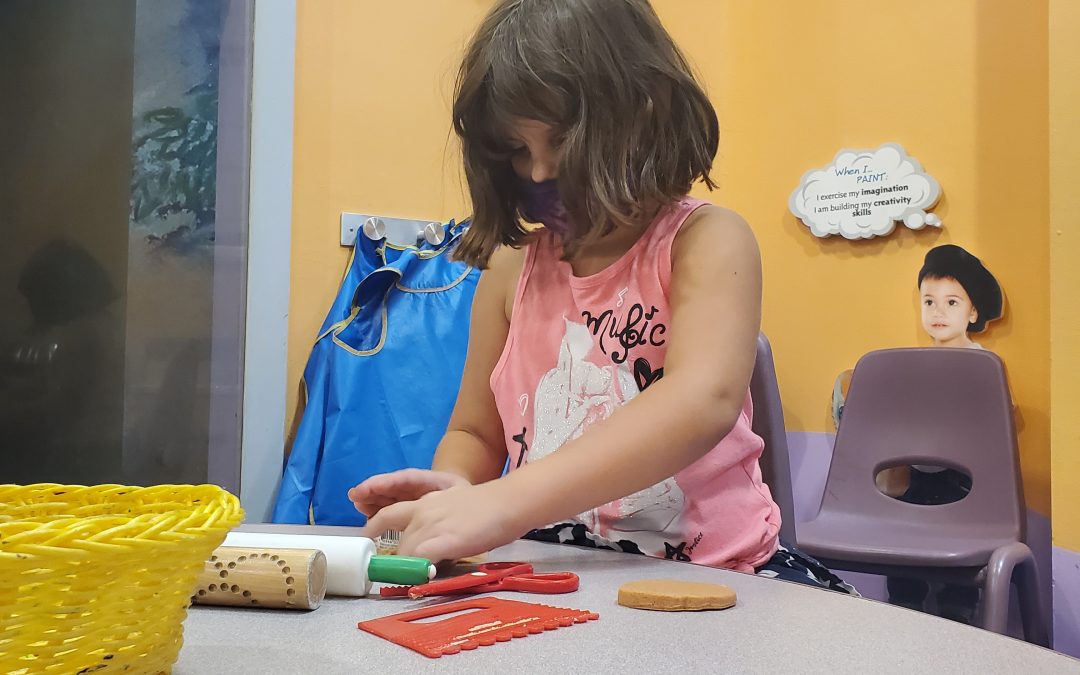Disruptions in your child’s schooling can pose lasting effects on development and can create gaps in your child’s learning. With transitions back and forth between online and in person learning, supplementing your child’s learning at home is the best way to ensure that your child’s development remains on track. Here are a few tips you can try out this week:
Read Together
One of the most important things you can do at home to support your child’s learning and development is to read together frequently. Create an atmosphere that fosters early literacy by prioritizing reading together daily. A few minutes in the morning and a story or two before bed is a great way to make reading a key part of your daily routine. The more exposure your child has to words, sounds, and stories, the greater their ability to read, write, and speak will be. Fill your little ones play area with educational stories and set time aside today to grow their vocabulary and early literacy skills. For more tips on how to make your little ones Go Bananas for Books, check out last week’s blog post.
Turn Errands into Learning Experiences
Engage your child in early number sense and critical thinking by turning everyday errands and household tasks into learning experiences. Practice recognizing colors as you sort laundry with your little one. Increase your child’s vocabulary by reading signs and labels while grocery shopping together. Encourage number sense and one to one correspondence by counting items around the house: three pillows, four chairs, one sofa. Lastly, enjoy a game of “I Spy” on car rides and walks and work on naming and describing what you see.
Home Field Trips
Though it may be a while before your little one embarks on a school field trip again, create your own by visiting local spots with a learning perspective. With an emphasis on learning, even small trips to community parks can serve as educational opportunities. For instance, next time for family ventures out to the park, talk about what animals they might see along the way. Tell your little one about the changing colors of the leaves and discuss the upcoming seasons.
Remember, you are your child’s first teacher. In this time of new routines, constant changes, and new frontiers to navigate, you are your child’s best resource. For more ways to support your little one’s development, check out our Plat at Home Guide here.

